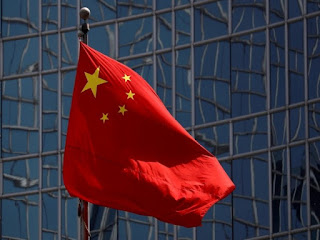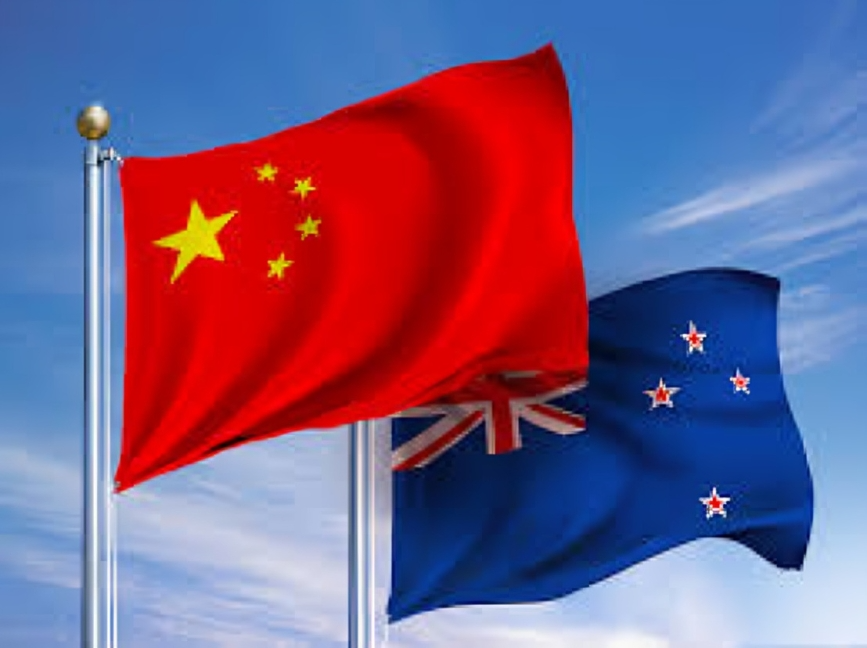China South Pacific Influence is rapidly expanding, prompting concern among traditional regional powers like New Zealand and Australia. China’s growing strategic ties with Pacific Island nations—most recently the Cook Islands—have ignited a geopolitical tug-of-war in the region.
China Signs Strategic Pacts With Cook Islands
During a state visit to Beijing in February 2025, Cook Islands Prime Minister Mark Brown signed four significant agreements with China. The most important was the Action Plan for the Comprehensive Strategic Partnership 2025–2030, supported by pacts on blue economy, seabed minerals, and technical cooperation.
China also pledged RMB 20 million in development aid for unspecified projects, reinforcing its Belt and Road Initiative outreach in the region. Critics argue these deals represent more than goodwill—they are part of a long-term strategy to deepen China South Pacific Influence and establish dependency.
New Zealand Responds With Aid Freeze
In June, New Zealand announced a pause in its NZD 18.2 million aid package to the Cook Islands, citing a lack of prior consultation over the Chinese deals. Foreign Affairs Minister Winston Peters expressed dissatisfaction, especially since the Cook Islands is a self-governing territory in free association with New Zealand, which retains responsibility for defense.
Security analyst Dr. Anna Powles criticized Wellington’s response as “shortsighted,” warning that using aid as leverage could backfire and only boost China South Pacific Influence.
Rising Strategic Concerns in Australasia
Dr. James Chin from the University of Tasmania warned that while Chinese investment may offer short-term economic benefits, it risks long-term dependency that could erode sovereignty and realign political priorities.
A 2023 report by the Australian Strategic Policy Institute (ASPI) highlighted that China South Pacific Influence aims to secure support for Beijing’s “One China” policy and establish authoritarian-friendly norms by undermining democratic values in Pacific Island countries.
Security Implications and PLA Navy Presence
Earlier in 2025, the People’s Liberation Army Navy (PLAN) sent a task force through the Tasman Sea, signaling Beijing’s capability to patrol far beyond its traditional sphere. China’s maritime exploration in the Pacific also supports naval operations and seabed mapping—vital for submarines and mineral access.
Professor David Capie of Victoria University warned that Australia and New Zealand must significantly invest in defense, as China South Pacific Influence will likely continue to grow unchecked.
Political Interference in French Territories
Kiwi academic Professor Anne-Marie Brady reported that the Chinese Communist Party (CCP) has engaged in foreign interference in New Caledonia, French Polynesia, and even mainland France. Chinese operations have targeted political elites and used diaspora and state-linked companies to influence local governance, echoing the broader strategy of China South Pacific Influence.
Diplomatic Fallout and Regional Shifts
Cook Islands PM Brown labeled New Zealand’s reaction “patronizing” and affirmed his country’s right to form independent international agreements. The dispute unfolded while New Zealand Prime Minister Christopher Luxon was in Beijing on a state visit.

China’s Foreign Ministry said its cooperation with the Cook Islands “should not be disrupted by any third party” and stressed that New Zealand should recognize “the prevailing trend of history.” Solomon Islands and Kiribati switched recognition from Taiwan to China in 2019. Today, only four Pacific states—Palau, Tuvalu, Marshall Islands, and Nauru—maintain formal ties with Taipei. Aid from Beijing often comes with political expectations, such as support for China’s stance on Taiwan and the South China Sea.
Strategic Response From the West
In response to growing China South Pacific Influence, several Western powers have launched regional initiatives:
- U.S. – Pacific Pledge
- UK – Pacific Uplift
- Australia – Pacific Step Up
- New Zealand – Pacific Resilience
- Indonesia – Pacific Elevation
Over ten new embassies have been opened in the Pacific since 2018 by countries including Australia, Japan, and the UK to counterbalance China’s expanding footprint.
Source | ani
China’s Game-Changing Trilateral with Pakistan and Bangladesh: Strategic Message Aimed at India?



[…] China South Pacific Influence: 7 Major Diplomatic Shifts […]